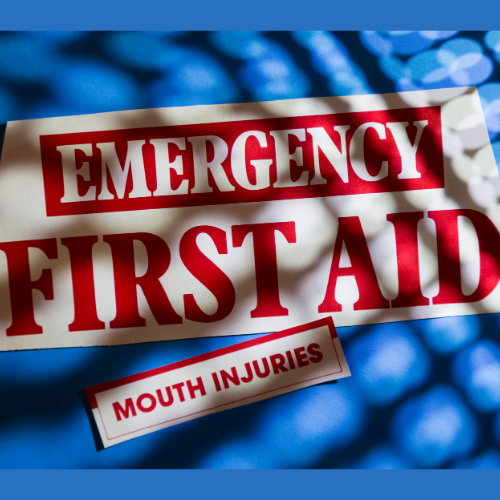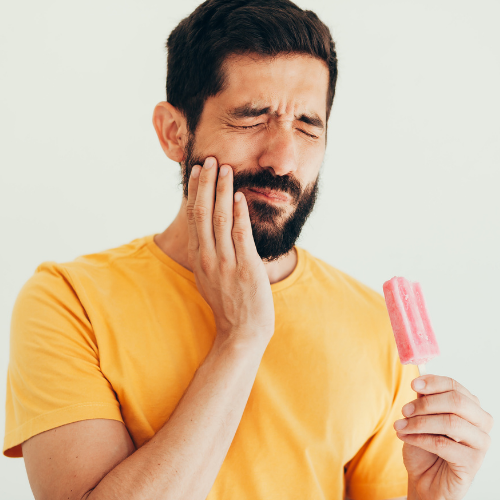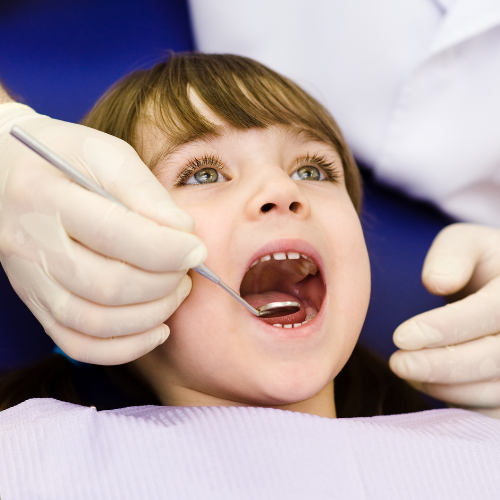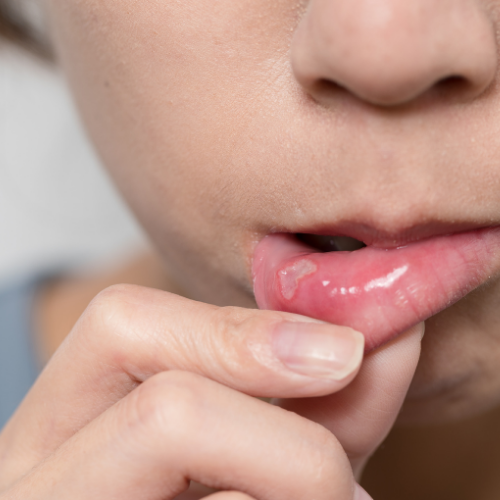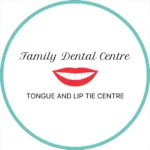Plaque is a film of bacteria that forms on your teeth and gums after eating foods that produce acids. These foods may include carbohydrates (starches and sugars), such as candy and cookies, and starchy foods such as bread, crackers, and cereal. Tooth decay, commonly known as cavities, occurs when plaque remains on your teeth for
read more
Teeth grinding, also called bruxism, is often viewed as a harmless, though annoying, habit. Some people develop bruxism from an inability to deal with stress or anxiety. However, teeth grinding can literally transform your bite relationship and worse, severely damage your teeth and jaws over long periods of time. Teeth grinding can cause abrasion to
read more
Any kind of cut to your face and the delicate soft tissues inside your mouth should be addressed immediately in order to prevent further tissue damage and infection. If a traumatic injury involves a broken facial bone such as the jaw, nose, chin or cheek, maxillofacial surgery may be required. WithBody Text Any kind of
read more
If you wince with pain after sipping a hot cup of coffee or chewing a piece of ice, chances are that you suffer from “dentin hypersensitivity,” or more commonly, sensitive teeth. Hot and cold temperature changes cause your teeth to expand and contract. Over time, your teeth can develop microscopic cracks that allow these sensations
read more
An estimated sixty-five percent of Americans have bad breath. Over forty-million Americans have “chronic halitosis,” which is persistent bad breath. Ninety percent of all halitosis is of oral, not systemic, origin. Americans spend more than $1 billion a year on over the counter halitosis products, many of which are ineffective because they only mask the
read more
Saliva is one of your body’s natural defenses against plaque because it acts to rinse your mouth of cavity-causing bacteria and other harmful materials. Dry mouth (also called Xerostomia) is a fairly common condition that is caused by diminished saliva production. People with medical conditions, such as an eating disorder or diabetes, are often plagued
read more
People living with diabetes are vulnerable to a host of systemic problems in their entire body. Unfortunately, the mouth and teeth are not immune from such problems, and many diabetics with oral problems go undiagnosed until conditions become advanced. Infections and other problems such as receding gums and gum disease, or periodontal disease, are common
read more
Dentistry has advanced to the point in which pain is almost a thing of the past. Powerful pain-killing medications known as anesthetics not only help a patient avoid discomfort during a procedure, but post-operatively as well. Some patients, especially children, may require higher doses of anesthetic than others. Types of pain-killing medications include: Analgesics – These
read more
What Is Tooth Decay? Tooth decay is caused by a variety of things; in medical terms, cavities are called caries, which are caused by long-term destructive forces acting on tooth structures such as enamel and the tooth’s inner dentin material. These destructive forces include frequent exposure to foods rich in sugar and carbohydrates. Soda, candy,
read more
People sometimes confuse canker sores and cold sores, but they are completely unrelated. Both can be painful, but knowing the differences can help you keep them in check. Canker Sore — A canker sore is typically one that occurs on the delicate tissues inside your mouth. It is usually light-colored at its base and can
read more




